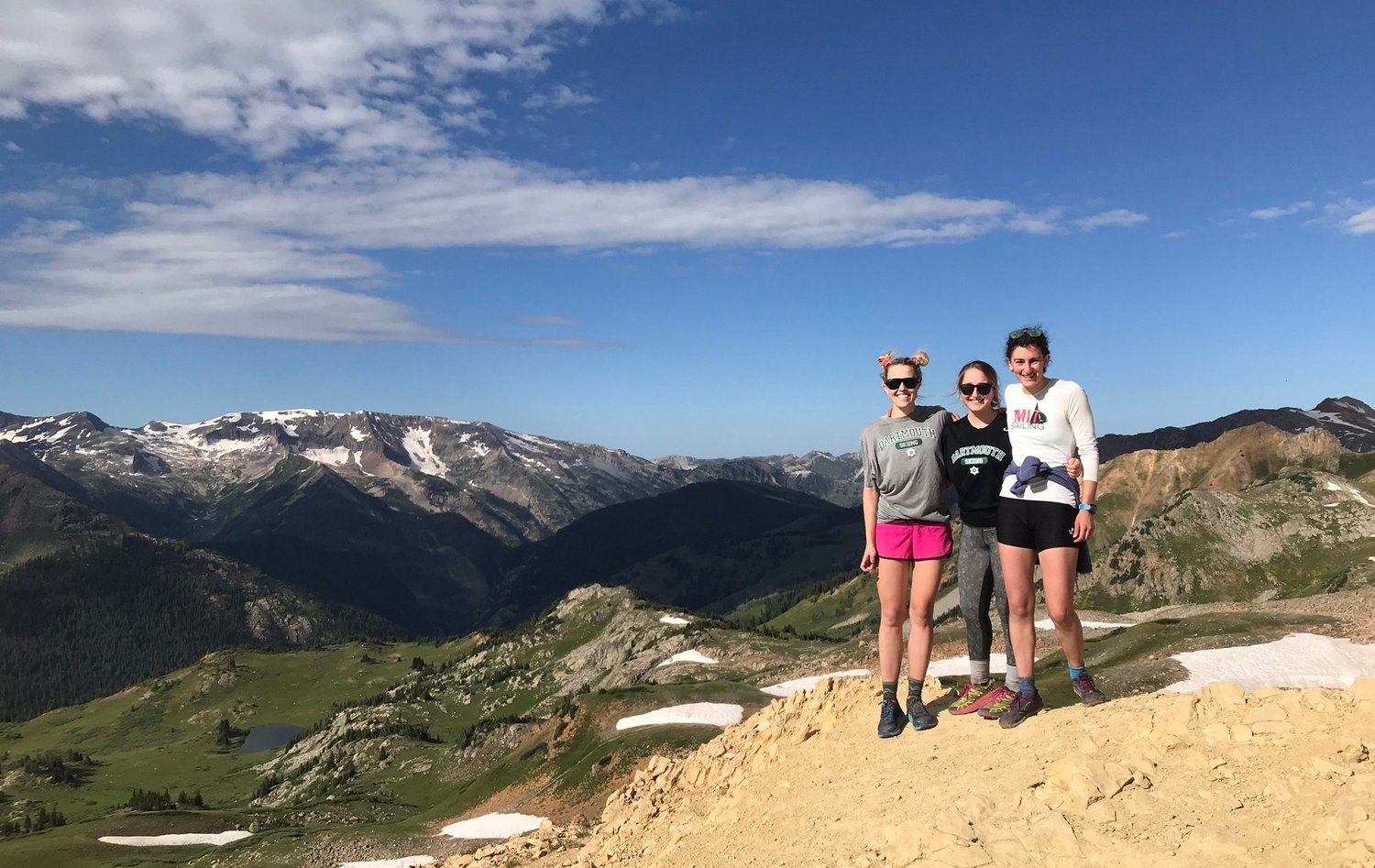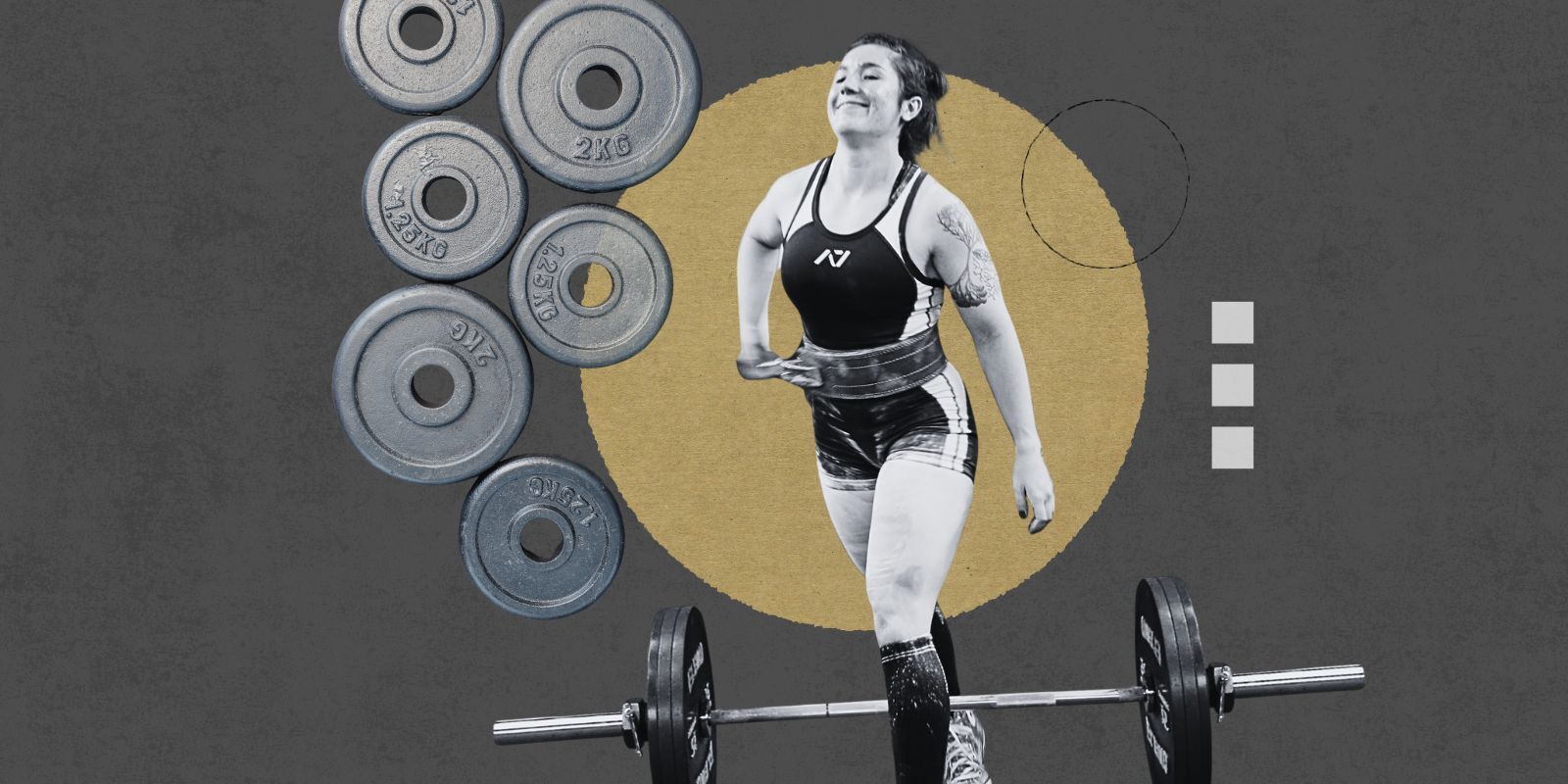What sparked your interest in medicine?
I was always fascinated by science. My dad is a biomechanics professor at the University of Washington and my mom is a family medicine physician, so we had a lot of science conversations at the dinner table. I lucked out in that I always felt like I could fit in STEM (Science, Technology, Engineering, and Math). It's something I'm grateful for, especially since I know that’s not the case for a lot of young girls.
I went to Cornell for undergrad, and I was a neurobiology major there. I thought that I might go to grad school for neuroscience, but then I ended up doing some research with a neurosurgeon in New York City for two years. It was amazing to see how you can use neuroscience to impact individual people's lives. That's when I decided to go to med school.
Why did you choose the University of Colorado School of Medicine for medical school?
It really came down to the people. CU seemed like a place where students and their ideas were taken seriously and where there would be a lot of opportunities.
I also have a “work hard, play hard” mentality. I like rock climbing and trail running — if I have a weekend off, I want to be doing that. Colorado seemed like a perfect fit in that respect.
What is your area of specialty and why did you choose it?
I'm pursuing neurosurgery. What's special about neurosurgery is that it has a lot to do with a person’s identity and sense of self. When someone has a stroke or a brain or spinal injury, it can change who they are. Neurosurgery not only felt like a way that I could combine neuroscience with getting to work with my hands, but it also involved these challenging and interesting social and ethical concerns. I knew I would never be bored!
The one concern that I had going into a surgical specialty was whether I would feel too far removed from everyday people, but it doesn't. For instance, with deep brain stimulation for Parkinson's disease, you can do the surgery while the patient is awake and watch them watch their tremor go away. That's powerful. I've also had a few patient experiences with neurotrauma, including some that were caused by domestic violence. Those have been really impactful. It's not just science and surgery — it’s so much more.
What were you looking for as you interviewed for your residency and where are you going?
I’ll be doing my residency at the University of Washington. I grew up in Seattle and my whole family is there, so I went into interview season hoping that I would like it! Luckily, the culture of their neurosurgery department was wonderful and actually felt similar to CU’s. Everyone I talked to was approachable and passionate about what they do. It also has an incredibly strong functional neurosurgery program, which I hope to pursue as a subspecialty.
I was the only applicant from CU in neurosurgery this year, and all along the interview trail everyone spoke so highly of the neurosurgery department here. It made me proud to be that representative.
What do you envision for your future career?
I'm interested in functional neurosurgery. Conditions like Parkinson's, epilepsy, and some psychiatric conditions all have terrible morbidity rates and are pretty common, but with functional neurosurgery, the outcomes can be great. I also like pediatrics, and there's a lot of epilepsy in pediatrics, so I think that could be a good crossover. I think there will be a lot of opportunities to explore that intersection between pediatric and functional neurosurgery at UW. If I want to do both that might be an additional two years of fellowship, but if it feels right, I'll do it.
Looking back on your medical school experience, what stands out?
One huge advantage is that at CU I was able to experience so many different hospitals and systems all within the program, as opposed to people who come from schools with only one affiliated institution. I also enjoyed my primary care rotation in Montrose, Colorado. I’ve only ever lived in big cities, so being able to do those rural rotations was totally new.
Another highlight was getting to design and teach a neuroscience course for Girl Scouts with my medical school colleague Anne Strong. It was incredibly rewarding to watch the girls fall in love with neuroscience, and I was excited to pay it forward by building pathways for historically underrepresented groups to feel welcome in STEM fields.

Baird-Daniel hikes the Four Pass Loop near Aspen, Colorado, with med school colleagues Anne Strong and Soraya Shehata.
I’ve also had wonderful mentors within the neurosurgery department, both faculty members and residents. I got to take call with some of the neurosurgery residents during third year and I learned a lot from them. They’ve made me feel like I'm part of the team, and I hope to do that with future medical students someday. They’ve also led by example in treating their patients with the most compassionate care. For example, when I was at Denver Health, we had patient with a spinal cord injury.Timothy Ung, MD, the senior resident on service, brought a spine model into her room and not only answered all of her questions but also gave her a lot of hope. That's another thing I want to take with me as a resident and model for the medical students I'm working with.
Tim Ung and Akal Sethi, MD, another resident, were also great mentors through the residency application process, as well. They recommended books to read and coached me on the questions interviewers would ask. And since we weren’t able to do away rotations this year due to COVID, they both shared their away experiences. I honestly can't believe how much time they spent on the phone with me!
Speaking of future medical students, what advice would you give them?
Medical school can be challenging, and it’s easy to get overwhelmed, but one thing I found helped me was trying to foster a sense of joy and curiosity about what I was learning. And fostering a life outside of medicine, too. I’m happy that I ended up in a place where I was able to grow as whole person, not just academically. I got to meet people who are doing amazing things in medicine, but they’re also well-rounded as people. I love that my attendings have hobbies. It’s a life I want to emulate, because I think it makes you better at work and a happier person. Trail running and climbing are big ones for me, and I recently started fostering dogs, which has been so fun.
My last piece of advice would be to bring enough snacks to the hospital! It's going to make your life a lot better.





